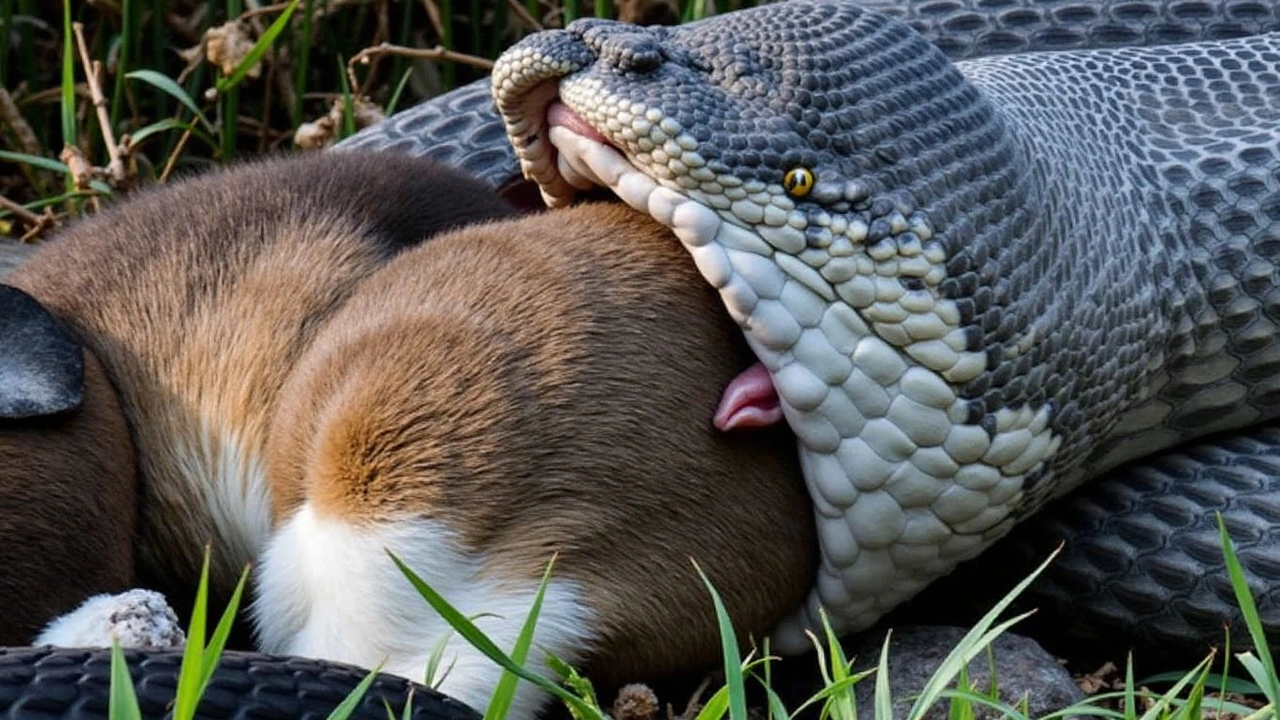Exotic pet trade: know the risks, the rules and how to choose safer options
Thinking about an exotic pet? Stop and check the facts first. The exotic pet trade looks tempting online, but it can hide legal trouble, sick animals, and species loss. This quick guide helps you spot red flags, follow the law, and find ethical alternatives so you don’t end up harming animals — or yourself.
Check legality and paperwork
First question: is this animal legal where you live? Many species are protected under CITES or national laws. Ask the seller for permits, export/import documents, and proof the animal wasn’t wild-caught. If they can’t show clear paperwork, walk away. In South Africa, for example, wildlife permits are required for many species — but every country has its own rules. Call your local wildlife authority or look up CITES listings online to confirm.
Red flags: sellers who refuse in-person meetings, pressure to buy quickly, vague origin stories, repeated stock photos instead of live images, or prices that seem too good. Legit breeders and rescue groups will show where the animal came from, provide health records, and let you meet the animal in person.
Health, welfare and buyer responsibilities
Exotics carry health risks for you and the animal. Reptiles and birds can have salmonella or psittacosis; mammals can carry parasites or viruses. Always insist on a recent health check from a vet experienced with that species. Plan for quarantine, proper enclosure, diet, temperature, and enrichment — these pets often need specialised care that’s expensive and time-consuming.
Ask the vet if long-term care is realistic for you. If no qualified vet exists nearby, that’s a warning sign. Don’t base decisions on cute photos or viral videos. Responsible ownership means ongoing costs for vet care, permits, secure housing, and sometimes lifetime commitments that span decades for some reptiles and parrots.
Want to help, but not keep an exotic? Consider volunteering or donating to local wildlife rescues and conservation groups. They often need help more than private owners do. If you decide to adopt, choose rescues or licensed, transparent breeders over shady online sellers.
See illegal activity? Report it. Contact your national wildlife authority, local police, or use CITES reporting channels. In South Africa you can notify the Department of Forestry, Fisheries and the Environment (DFFE). Many countries also have hotlines and online forms for wildlife crime tips.
Short version: check permits, get a specialist vet check, avoid wild-caught animals, and consider rescues first. The exotic pet trade affects real animals and fragile ecosystems — making a careful, informed choice matters.

